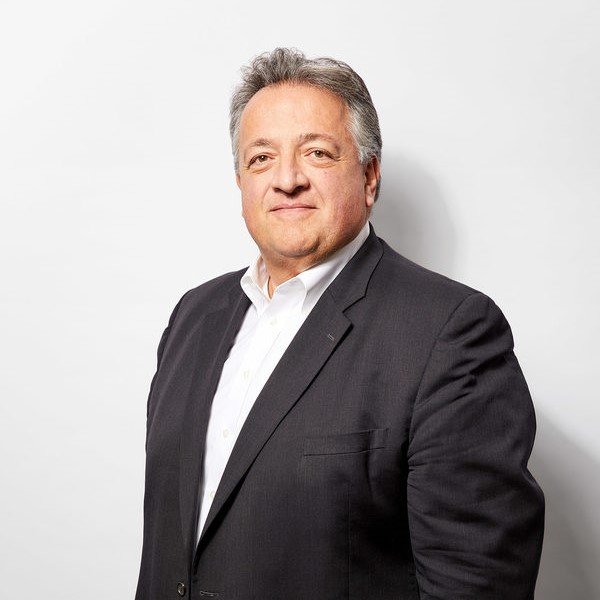Flagship Pioneering’s roots in Singapore are growing less than a year after the biotech incubator first unveiled its ambitions in the Asia-Pacific region.
The Cambridge, MA-based investor said Wednesday evening it will jointly commit up to 100 million Singapore dollars, or about $77 million, over the next five years with Singapore’s Agency for Science, Technology and Research. Also known as A*STAR, the agency is one of the city-state’s main public sector R&D outfits, Flagship said.
 André Andonian
André AndonianResearch institutes affiliated with A*STAR will collaborate with Flagship portfolio companies to co-develop “technologies in strategically important areas,” the groups said. Singapore’s agency will also provide access to its scientists and facilities.
Flagship Asia-Pacific chair André Andonian told Endpoints News that the partners will focus on “scientific exchange,” talent development and venture creation. They are interested in cell and gene therapies, nucleic acid therapeutics, precision medicine and using artificial intelligence for drug discovery, according to Andonian, who has led Flagship’s outpost in Singapore since last year after a 34-year career at McKinsey.
The Singapore unit has four Flagship employees so far, Andonian said. In the Asia-Pacific, Flagship also has a partnership with Samsung.
Flagship will likely unveil another Asia-Pacific partnership by the end of the year, Andonian said, and within two years, Flagship aims to have at least six partnerships in the region. Singapore, Korea and Japan are the main regions of focus, but Flagship is doing an “opportunistic assessment of other markets” like China and Australia, Andonian said in an interview last year.
The local landscape
Singapore’s biotech scene took a big hit in 2023 when A*STAR-partnered cell therapy maker Tessa Therapeutics suddenly shuttered with little explanation.
Some biotechs in the area have inked global deals in the past year, including Hummingbird Bioscience and KBP Biosciences. Endeavor BioMedicines last October licensed an antibody-drug conjugate from Hummingbird for up to $430 million. That same month, Novo Nordisk bought a kidney disease drug from KBP for up to $1.3 billion, though it wound up taking an $816 million write-down after the experimental medicine failed a late-stage test.
 Noubar Afeyan
Noubar AfeyanFlagship has not yet formed a portfolio company in Singapore, a spokesperson told Endpoints via email. The firm’s most famous offshoot, Moderna, announced it would create a subsidiary in Singapore in 2022.
“We want to learn from this foray. Most people looking at what other such expansions look like expect that we’re there to find new companies or new investments, and that’s not what we’re there to do,” Flagship chair Noubar Afeyan told Endpoints in July. “We’re there to connect our ecosystem of some 48 companies in Cambridge, Boston, to vibrant, growing ecosystems in the UK and in APAC.”
The firm also set up operations in the UK last year and disclosed its first UK-based startup in November.
“The connectivity of our ecosystem there, whether it’s based on science, intellectual property that we may be able to add to what we’re doing, clinical trials, manufacturing partnerships, financial partnerships — those are all things that can add, we think, value to each and every one of our companies,” Afeyan said in July.